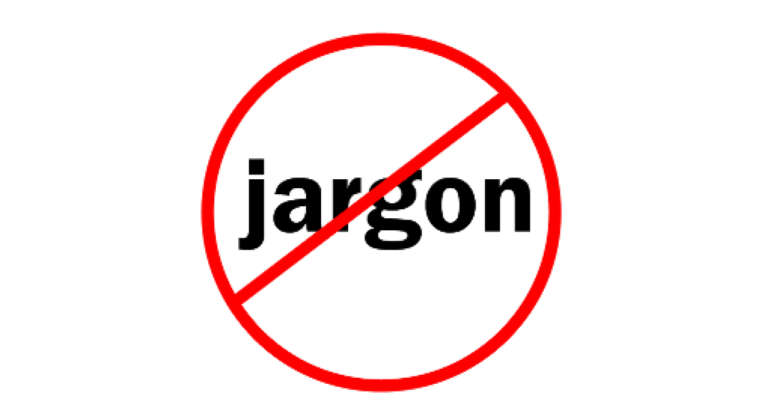The Triumph Classic Public Relations Series. Take Charge of How the Public Sees You
If your business or life is in the public, it would be ideal if you were the subject to nothing but positive reporting. Public leadership will inevitably invite problems and criticism. Handle it properly and it is possible that you may come out stronger than before.
Previously, we have advised you to “be yourself”, and allow the media to simply report on that. This is true if you are doing the right things and balancing everyone’s best interests. If so, you can be reasonably confident that you will be subject to positive coverage.
But let’s not oversimplify. Every person and entity you encounter is more complex and has more facets to them than meet the eye, just like you. You will look different from every angle and every perspective and to every person. Sometimes the differences in perspective are slight, sometimes they are vast.
Not everyone will give you credit for your good intentions or your good business practices. There is a rule of likeability which we are all subject to. Consider the following.
1. Approximately 25% of people will like you, and cannot be convinced not to like you.
2. Approximately 25% of people will like you, but could be convinced to not like you.
3. Approximately 25% of people will not like you, but could be convinced to like you.
4. Approximately 25% of people will not like you, and cannot be convinced to like you.
Even the greatest religious, spiritual, and political leaders the world has ever known were subject to this rule and were not well received everywhere they went. That applies to you too.
The first 25% are all for you and the last 25% never will be. Maximize your public relations efforts on the second and third 25%. Your public perception depends upon your ability to navigate the 50% in the vast middle. You can do that successfully by observing these principles.
1. Stay in your element. Imagine taking an eagle, clipping his wings, and putting him on display confined within a cage. How will he look? Well, he won’t hunt or fly. He won’t mate. He will become dependent on his captors for food. Would you release an eagle into a large city? Of course not, because he is completely out of place there too. It is only in his wild habitat that his natural genius and majesty becomes apparent. Your greatness will come out where it is allowed to, and you will get noticed for it. Identify your best habitat. Stay there, and you will flourish.
Where you are matters as much as what you are!
2. Always operate as though your private actions could become public knowledge. If you don’t want it in the newspaper, don’t do it. Conduct business in a way that balances everyone’s best interests. It may not be appreciated by all, but it will not go unnoticed. Private triumph comes before public triumph.
3. Don’t worry about critics. A critic is someone who feels inferior to you, and it usually shows.
4. Eagles soar above the flock of birds below and don’t consult them for inspiration. In some way, you soar above the flock too and that is your opportunity to lead.
5. Handling miscommunications and misunderstandings is different in private than in public. If you have a conflict with a person and want to resolve it, the answer is always more communication, not less.
Not so with media. If a story does not reflect your point of view, you must address it with reporters in a disciplined and controlled fashion.
6. Turn problems into assets by addressing them in a lasting and honest way, and let your public know it when you do.
These are principles, but to put them into practice with the media, consult a qualified public relations firm. Your difference is among your greatest assets. Create situations where you can make maximum use of your assets and Get Noticed!




